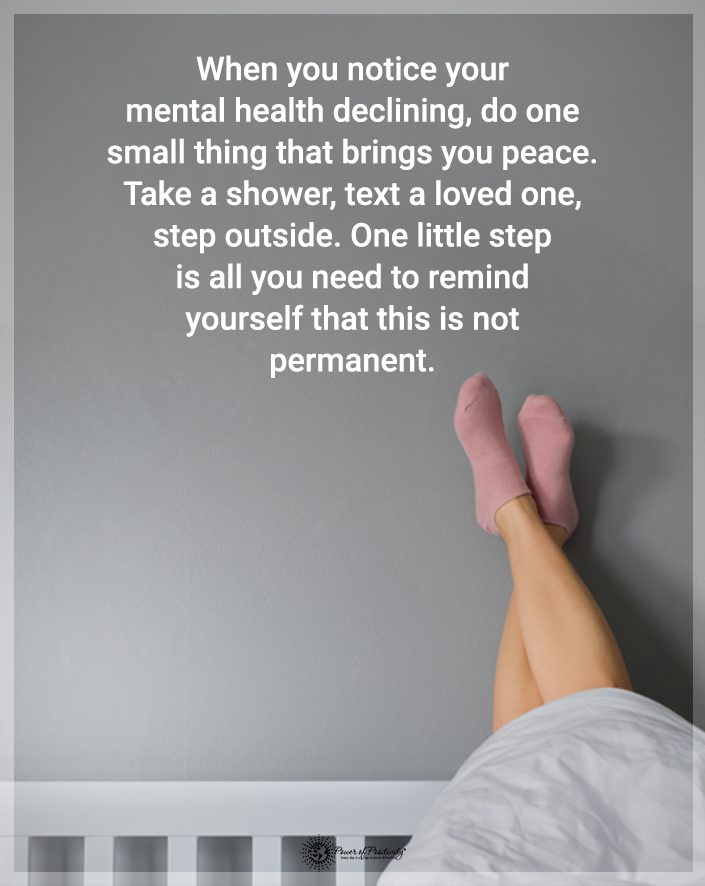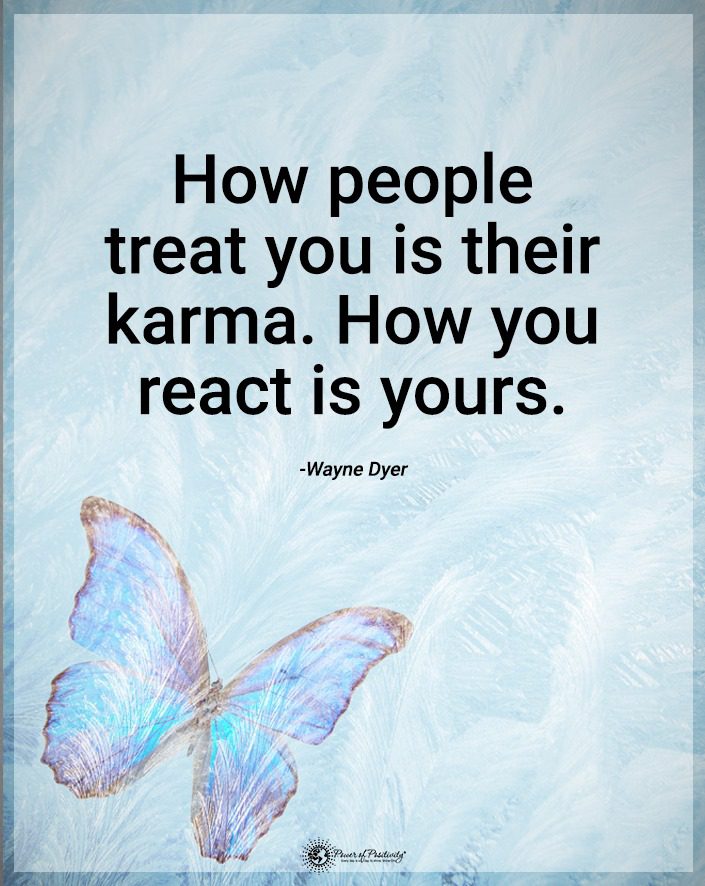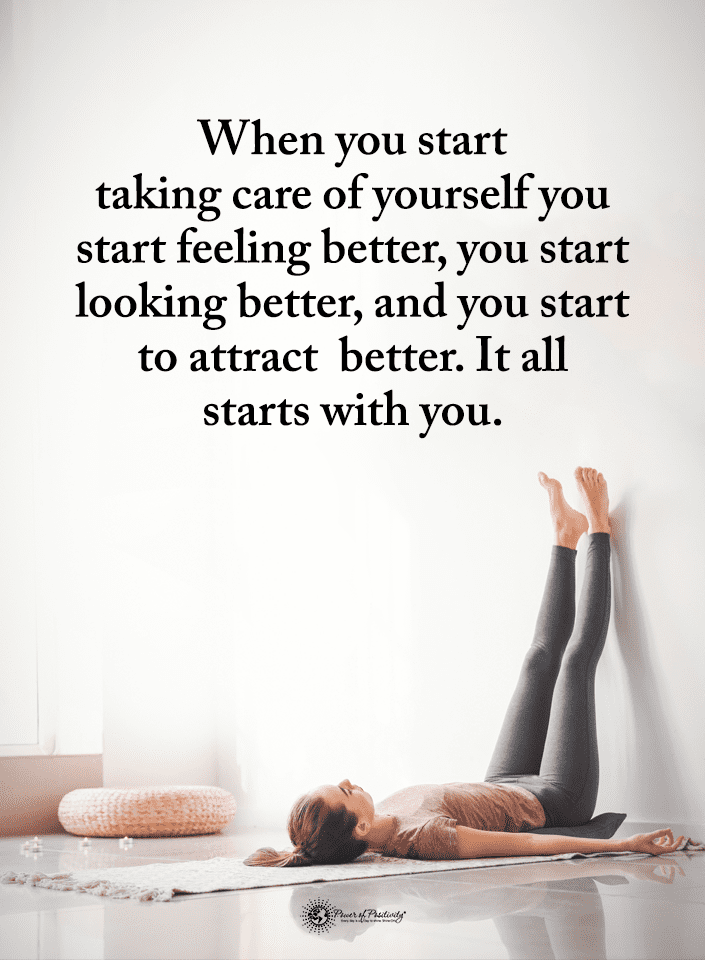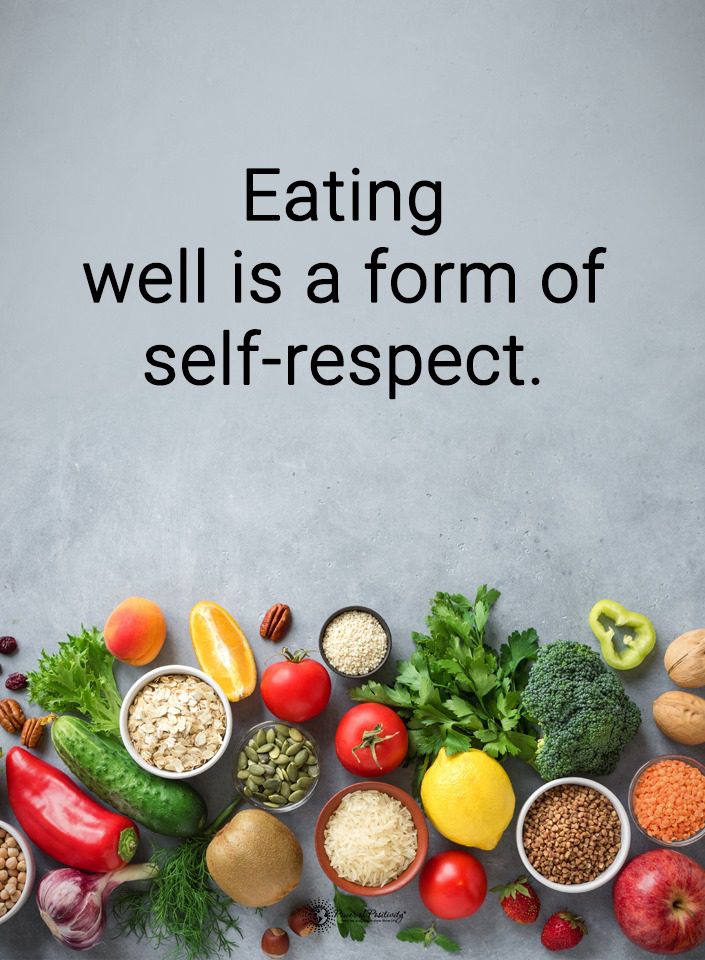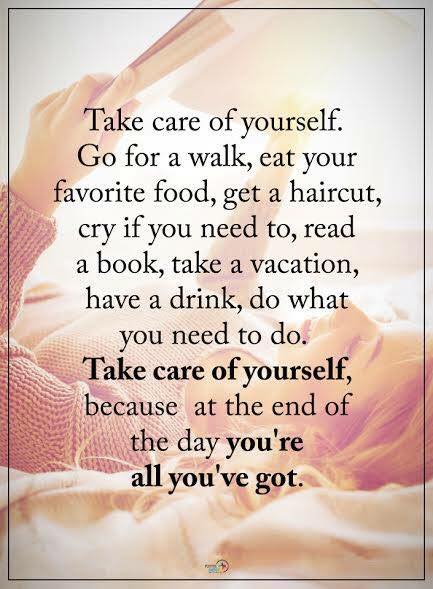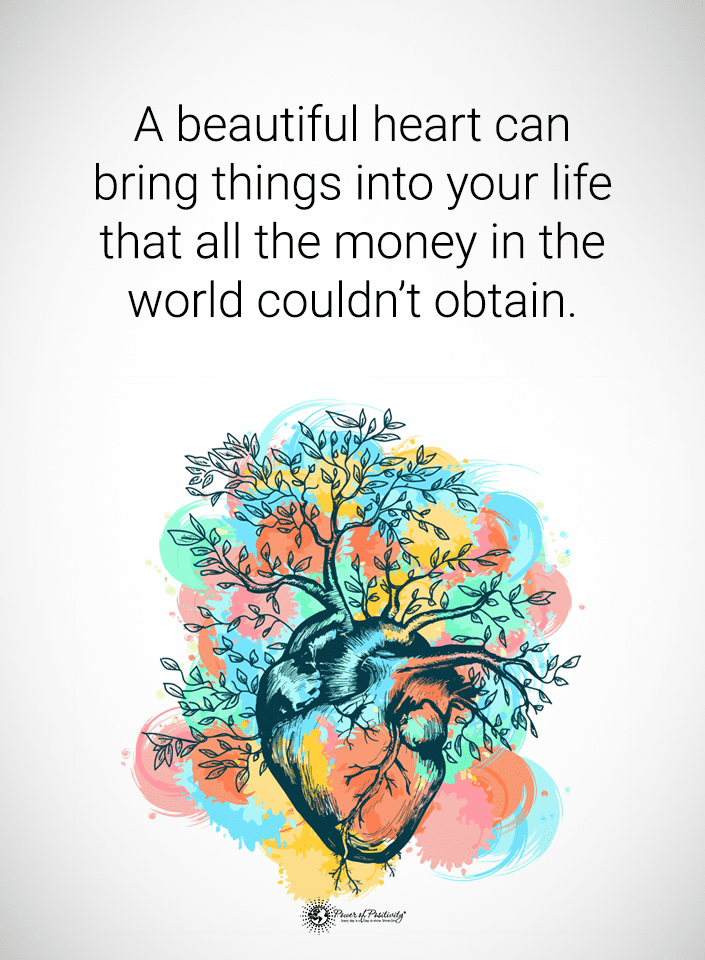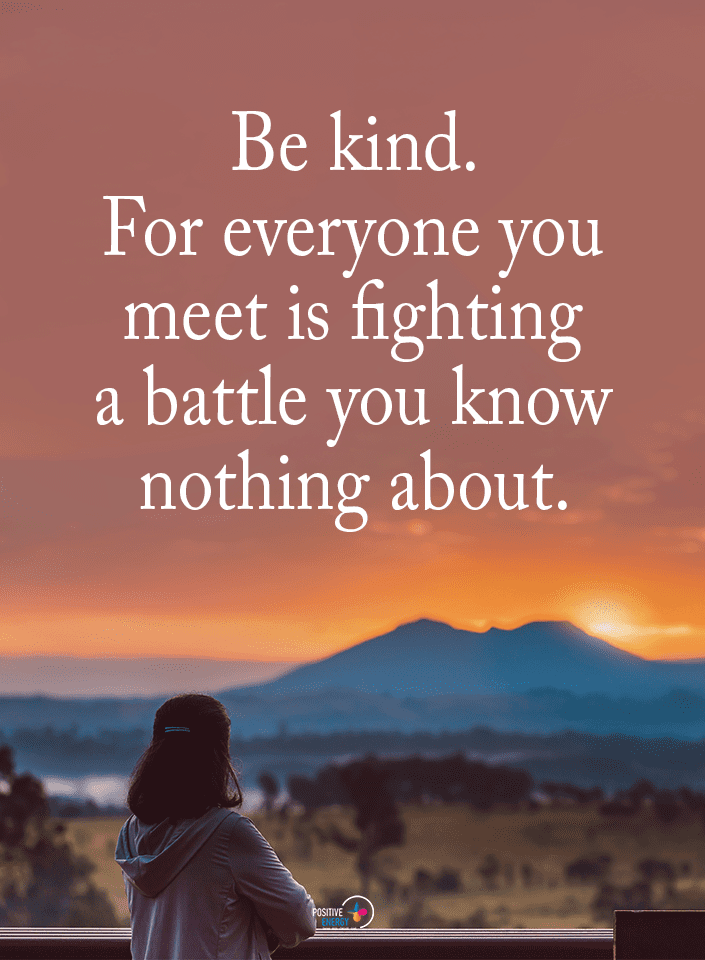Soulmate quotes can inspire and strengthen the bond between partners, promoting a deeper connection. They help you express love and affection, encourage communication, and help with sharing values.
Soul mate quotes can also help you recognize true love and appreciate the bond you share. They are a powerful tool that can help the progression of your romance while helping maintain a healthy bond.
As you read through these quotes, write or print the ones that resonate within you. You can share them with your partner to help explain your feelings. They’ll love that you use this romantic gesture and may even send you quotes back.
15 Soulmate Quotes That Explain the Deep Connection
Reading soulmate quotes can help you recognize when you’ve found yours, and sharing them can deepen your bond. Your partner will love knowing you thought of them and reading how you feel through these powerful words. These quotes can help you communicate your feelings to your partner and strengthen your relationship:
1 – “A soulmate is not found. A soulmate is recognized.” – Vironika Tugaleva
You can’t go out looking for a soulmate because you won’t find them if you try. Instead, you’ll recognize them in someone you already know because it requires knowing one another.
This soulmate quote emphasizes the importance of recognizing a soulmate and forming a deep understanding with them. It explains the uniqueness and depth of a soulmate bond over other romantic experiences.
These words inspire you and your partner to appreciate and cherish your soulmate connection. With appreciation for one another, you can build an unbreakable bond that allows you to overcome any challenge.
2 – “A true soulmate is a mirror, the person who shows you everything that is holding you back.” – Elizabeth Gilbert
This quote encourages self-discovery and overcoming obstacles that hold you back. It explains how the right person will help you identify what stands in the way of you reaching your dreams. Reflecting growth allows you to recognize what’s holding you back so that you can work around it.
These words encourage reflecting growth to become the best version of yourself and the best possible partner. They also lead you and your partner to address issues to overcome obstacles together. It inspires mutual support and transformation so you can strengthen your relationship.
3 – “A soulmate is someone who can appreciate your level of weirdness.” – Anonymous
Everyone has unique characteristics and qualities, including the love of your life. This soulmate quote encourages embracing uniqueness so you can love your partner how they deserve it. It celebrates individuality and shared eccentricities, allowing for quirky compatibility.
These words encourage an authentic connection by making you feel comfortable being yourself. It inspires an accepting and non-judgmental environment to grow together and build a lasting connection. When you have someone who accepts you as you are, they could be the one you’ll spend the rest of your life with.
4 – “In all the world, there is no heart for me like yours. In all the world, there is no love for you like mine.” – Maya Angelou
This soulmate quote from Maya Angelou helps strengthen your relationship because it discusses how no other love is similar. This love quote inspires a heartfelt connection and communicates your deep devotion.
These words let your partner know they are your person and no one else can compare. They inspire you to cherish and nurture your partner, allowing you to create a unique and unbreakable bond. This quote also helps foster unconditional love and lets your partner know they have nothing to worry about.
A secure relationship where you know nothing can come between you will make you feel good. Don’t hesitate to share it with your partner so they know where you stand and how you view the relationship.
5 – “A soulmate is someone who makes you a better person, brings out the best in you, and challenges you to grow.” – Unknown
This quote helps you understand what a soulmate is and what they can bring to your life. You’ll have an easier time recognizing if you’re with your person, and you can tell them when you know.
These words describe the transformative power of a healthy relationship. They also encourage personal growth to live your best life.
This love quote can inspire continuous improvement and promote shared aspirations. When you reach this stage, it allows you to grow as an individual and a couple. Encouraging development in romance leads to mutual support and promotes long-term commitment and a healthy romance.
6 – “A soulmate is the one person whose love is powerful enough to motivate you to meet your soul, to do the emotional work of self-discovery.” – Kenny Loggins
As this soulmate quote explains, when you find your soulmate, you’ll want to become the best version of yourself. You’ll guide and support each other through emotional exploration and growth.
This quote inspires you to focus on self-discovery while going through life together. It also motivates you to build a deep emotional connection full of understanding and acceptance. You’ll know when you’ve found your soulmate because you’ll experience profound love from someone who wants what’s best for you.
7 – “A soulmate is not someone who completes you. A soulmate is someone who inspires you to complete yourself.” – Anonymous
This quote can help you build a stronger relationship because it verifies how you don’t expect your partner to complete you. Instead, the right person for you will encourage personal fulfillment and individual completeness. It helps you build a balanced, fulfilling, and empowering partnership.
8 – “Soulmates are not perfect people. They are flawed individuals who choose to work on their imperfections together.” – Unknown
No one is perfect, and that includes you and your soulmate. When you find your person, you accept their imperfections and encourage a growth mindset that inspires improvement and relationship commitment.
This soulmate quote also encourages open communication and mutual support when overcoming challenges. It inspires a resilient and committed partnership as you strengthen your relationship and grow together.

9 – “A soulmate is someone who loves you with so much conviction, so much heart, that it is simply impossible to doubt just how capable you are of becoming exactly who you have always wanted to be.” – Beau Taplin
This soulmate quote helps you explain how deeply you feel for your partner. It shows how powerful and transforming unwavering support and belief from your partner can be.
Having the right person by your side allows you to become the best version of yourself. You’ll experience self-belief and feel confident to embrace your potential and pursue your dreams. The empowerment you’ll feel makes unleashing potential more exciting.
10 – “A soulmate is someone who understands your past, believes in your future, and accepts you just the way you are.” – Unknown
This soulmate quote clarifies that a healthy relationship involves committing to someone who understands your past, present, and future. Not only do they understand it and how it’s shaped you, but they accept you for who you are and love you through it all.
Consider sharing this quote with your partner to build an emotional connection and inspire a shared vision. These relationship aspects encourage a life-long commitment. It highlights acceptance and understanding to help you support one another and live a happy life.
11 – “A soulmate is not someone you can walk away from easily. It is someone you can’t imagine being without.” – Unknown
This soulmate quote describes an unbreakable bond with the person you love. It reassures deep commitment and details how you don’t want a life without your partner.
These words inspire you to maintain dedication and give you a sense of intertwined destinies. Sharing this quote can help you build a lasting connection that makes your partner secure enough to open up and embrace the romance.
12 – “A soulmate is the one person who makes coming home feel like a little piece of heaven.” – Unknown
This love quote will help your partner understand the warmth and comfort they bring to your life. It’ll help you tell your partner that your relationship is a safe haven and you want to spend time with them. The words also clarify that you love feeling at ease with them because it makes you feel at home.
Your partner will love this quote as it expresses security and peace. You and your partner will feel happier and more fulfilled in a nurturing and supportive environment. They likely feel the same way about you but don’t know how to tell you, so this quote can go both ways.
13 – “A soulmate is someone who knows how to bring out the best in you, not the worst in you.” – Unknown
Falling for someone who provides a positive influence can help you recognize they are your person. A partner like this will offer encouragement and motivation as you become a better version of yourself. This soulmate quote describes a growth-oriented relationship that includes positivity and inspiration, allowing you to live up to your potential.
14 – “A soulmate is the one person who truly gets you, even when everyone else thinks you’re crazy.” – Unknown
Your soulmate will exhibit acceptance and offer unconditional support because they’ll understand you as no one else can. Their deep understanding inspires you to be yourself without judgment, allowing you to feel validated.
When you share this soulmate quote, your partner will love knowing you view them this way. They’ll appreciate that you recognize how well they get you because it shows that you pay attention and embrace their actions.
15 – “A soulmate is not someone who enters your life peacefully. They shake you up, tear down your walls, and awaken your soul.” – Unknown
This quote describes the transformation you’ll experience from a healthy relationship with your soulmate. These words highlight the spiritual connection you can have with your partner and inspire inner growth. A good partner will help you open up to your full potential and embrace challenges or changes.

Final Thoughts on Reading These Quotes for Soul Mates
These soulmate quotes to strengthen relationships can inspire a deeper connection with your partner. You’ll have an easier time opening up to your soulmate because you’ll have the words to explain yourself. It inspires communication and connection because your partner will also want to tell you how they feel.
These quotes highlight the power of inspiration, understanding, support, and growth that can help build and maintain your relationship health. Using these inspirational quotes for soulmates helps nurture your bond, improve your connection, and deepen the soulmate connection. Share your favorites with your partner and see how it helps boost your bond.




